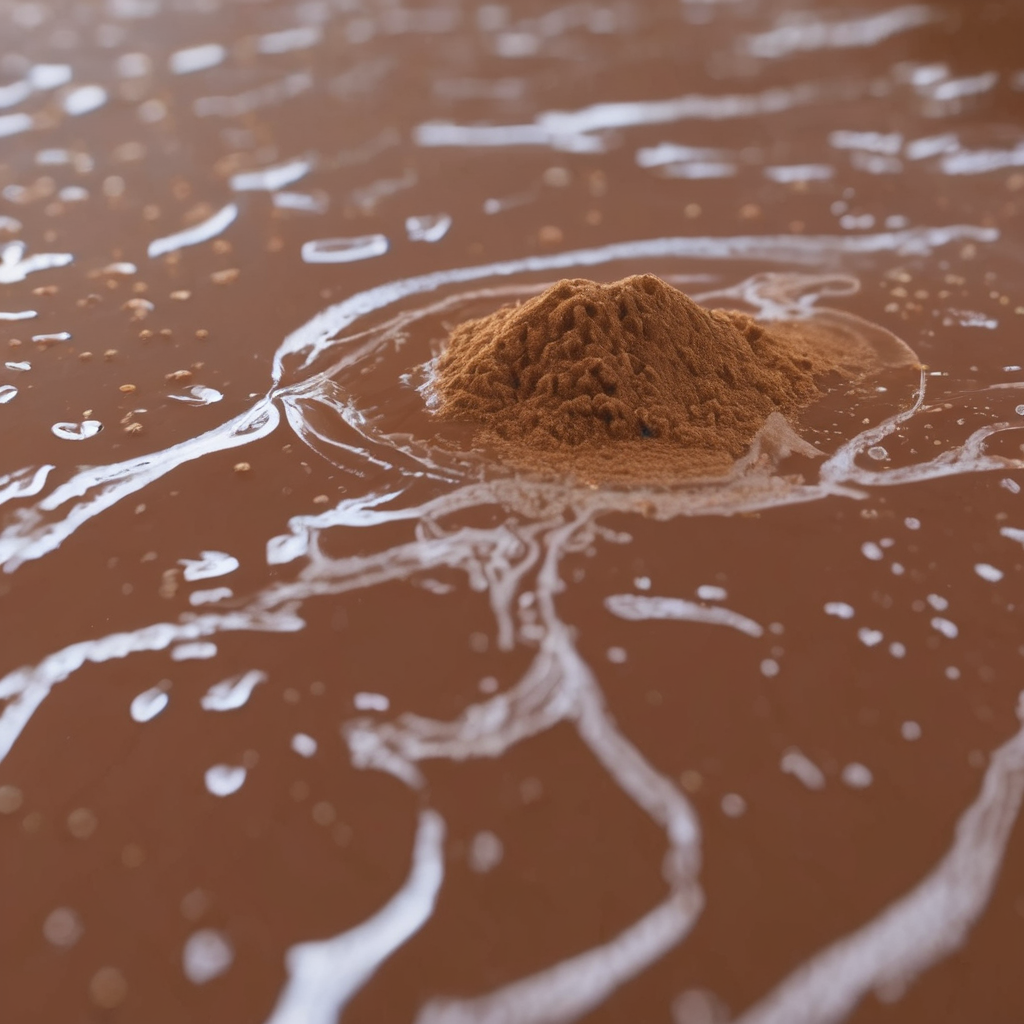Yes, lignosulfonates, including sodium lignosulfonate, are generally soluble in water.
The water solubility of lignosulfonates is primarily due to the following factors:
- Sulfonate groups:
- The sulfonate (-SO3-) functional groups present in the lignosulfonate structure are highly polar and ionizable, making the compounds readily soluble in water.
- Sodium counterion:
- Many commercial lignosulfonate products are in the form of sodium lignosulfonate, where the sodium (Na+) cation helps to further enhance the water solubility.
- Molecular structure:
- The complex, branched molecular structure of lignosulfonates contains both hydrophilic (water-soluble) and hydrophobic (water-insoluble) regions, which allows them to interact with and dissolve in water.
- Degree of sulfonation:
- The extent of sulfonation (the number of sulfonate groups) can affect the water solubility of lignosulfonates. Higher degrees of sulfonation generally result in improved water solubility.
- Molecular weight:
- Lignosulfonates with lower molecular weights tend to have better water solubility compared to higher molecular weight variants.
The water solubility of lignosulfonates is an important property that enables their use in various aqueous-based applications, such as:
- Concrete admixtures
- Drilling fluids
- Dispersants and emulsifiers
- Agricultural chemicals
- Leather processing
- Textile dyeing and finishing
The ability to form stable, water-soluble solutions allows lignosulfonates to effectively interact with and modify the properties of other water-based systems and materials.

